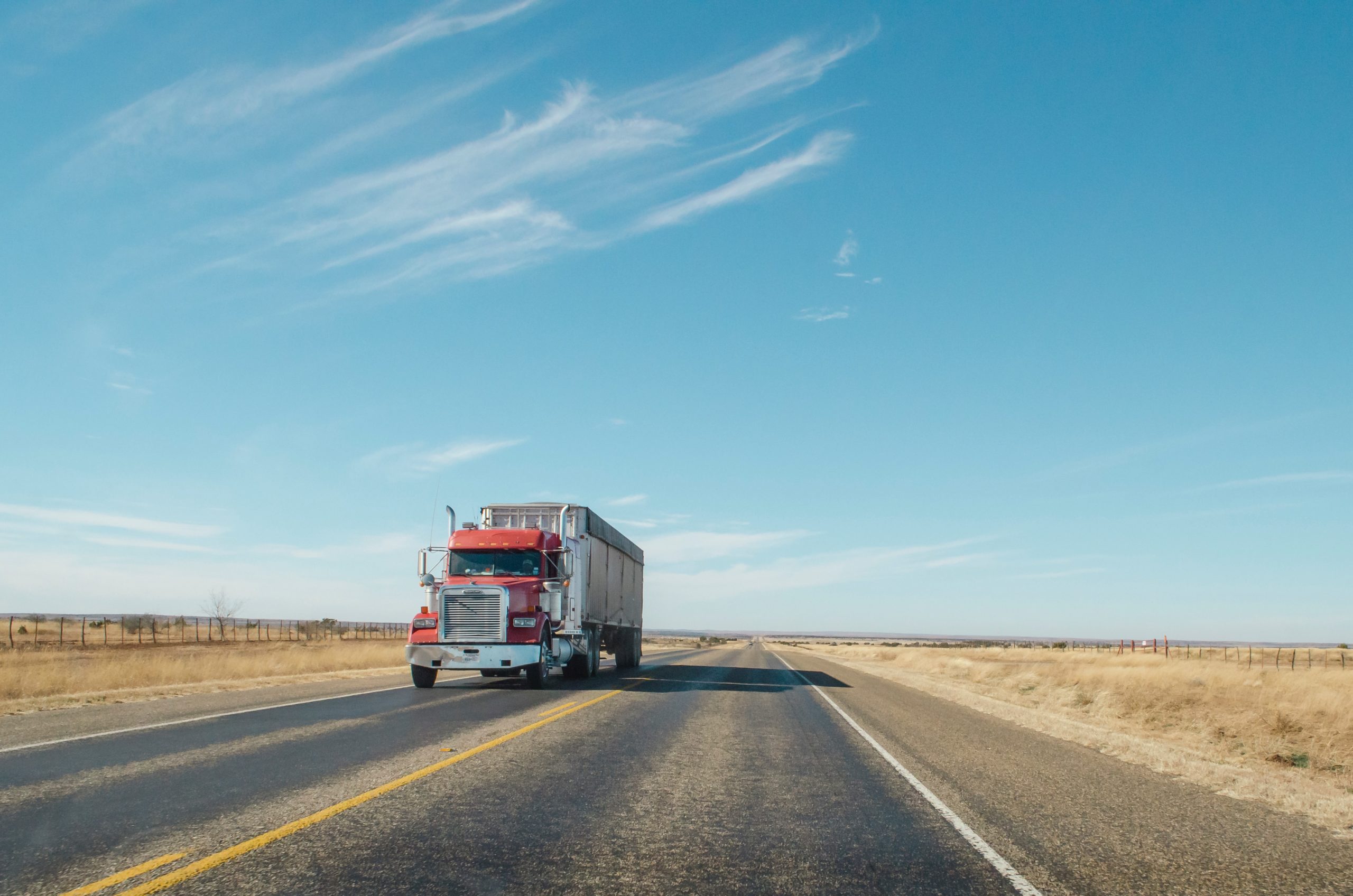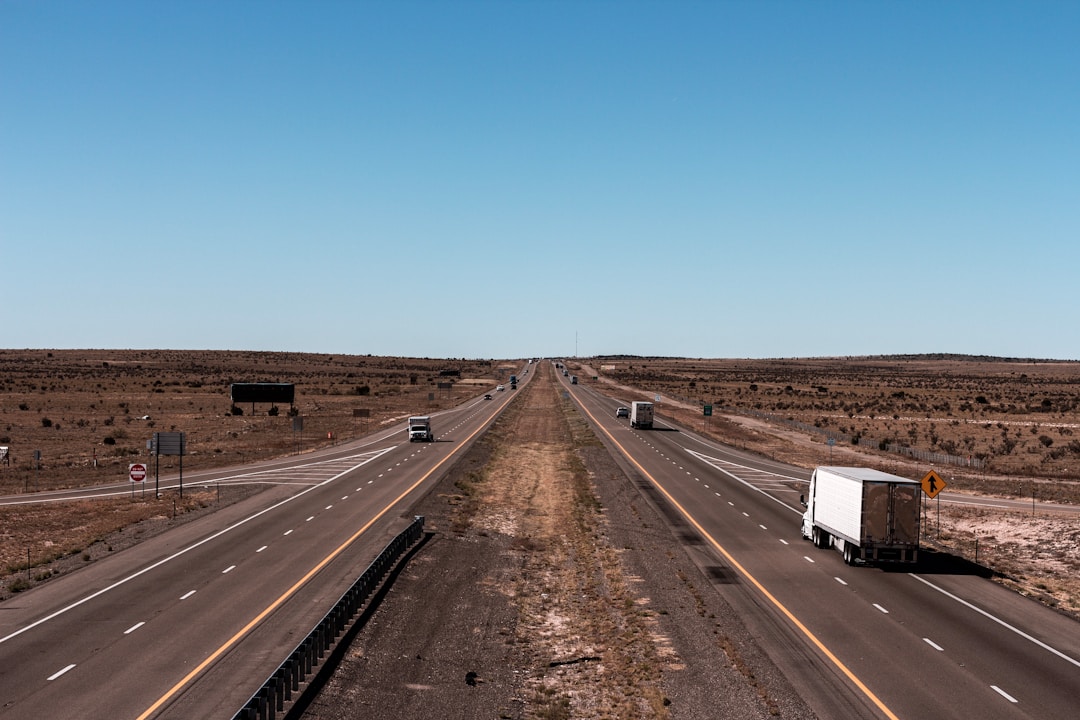Your Guide to Starting a Trucking Business

As one of the oldest forms of shipping in the United States, trucking has remained one of the most popular ways to move merchandise around the country. In this new era, when online ordering has become the most common way for consumers to shop, the demand for a professional, reliable trucking business has made driving a trailer a solid source of employment and a smart business investment. If you’ve been considering starting your own trucking company, here are a few crucial tips for getting started.
Experience is key.
Although you can invest in a trucking company without having ever been behind the wheel of a commercial or industrial vehicle, it’s pretty important that you do have some experience as a truck driver. Aside from the first-hand knowledge that can only come with having done the work yourself, as a business owner, you will be able to relate to your future employees much better. In the trucking industry, the best way to learn the ins and outs of life on the road is if you’ve traveled on it yourself.
If it’s your first time as a truck driver, you’ll need to begin by obtaining a commercial driver’s license (CDL), as well as attend a private truck and trailer driving school if the company you initially work for doesn’t offer a training program.
A Proper Business Plan and Strategy

Any entrepreneur starting their journey as an independent owner has to start with a comprehensive business plan. This prerequisite stands for any company, and the trucking industry is no different. Aside from having a professional layout to present to a bank or money lender, this plan will also force you to look at your financial goals and itemized checklist of things to accomplish for success. Revenue and expenses will present themselves, including your own potential salary and the budget you’ll need in order to hire your own truckers. Sit down with an experienced financial adviser and decide if you will be making your trucking company a sole proprietorship, partnership, a limited liability corporation (LLC), or a corporation. This is a very important distinction for your yearly taxes and annual budget.
Designing Your Business Operations
Once your working capital is in place, you can begin some of the more creative aspects of your cheat sheet for starting a trucking business. Now you get to select some of the finer details that will design your trucking company as a unique brand: where you’ll be parking your truck or small fleet, how you’ll be working with distributors for carted cargo, and where your dispatch and clerical office will be located. It may seem tedious, but as you start to see each of these details, such as designating the invoicing, accounting, and corporate tax paperwork, you will slowly begin to see your business vision becoming a reality.
Government Regulations and Insurance

As the owner and operator of a small business, there are always federal and state regulations that need to be followed, including the proper owner’s insurance. According to U.S. government law, you’ll need to obtain a USDOT Number from the Department of Transportation, an Operating Authority (which indicates the type of cargo you will be transporting), and the necessary drug testing and FMCSA Clearinghouse organization (this is a requirement to ensure your drivers pass a drug-testing program prior to obtaining the needed FMCSA registration to couple with their commercial driver’s license). Finally, you’ll have to register for your Heavy Vehicle Use Tax, with which the federal government changes annually for trucks exceeding 55,000 pounds).
Be sure, as well, to file the proper registrations for any cargo shipment that is headed to Mexico or Canada. If you’re working with bottled water producers in Canada, for example, international registrations are available to cover cargo headed over the border.
When it comes to the needed insurance, as the owner you are on the line for providing: a primary liability account, which covers potential damage caused by your truckers, cargo insurance to cover potential damage to the freight itself, and physical damage, which protects your employees in the event of injury or harm while out on the road.